|
This is episode #6 of the Camera and Inspiration show at “PPN - Photo Podcast Network” for September 2017.
This show is sponsored by B&H: bit.ly/bhphotodeals
Please support our show by using our B&H affiliate link (click here) that will not cost you a penny more than when you are buying at B&H without our link. And the more this link will be used to buy at B&H, the more giveaways we’ll be able to give back to our listeners through B&H. It really is a “win-win” situation :) And please share this podcast with your friends and subscribe via iTunes. We would also love to get your feedback. Is there anything that you want us to cover on the show in the future? And we would appreciate if you could take a short moment to rate or post a quick review about our shows on iTunes. For more information on Scott Bourne follow him on Twitter: @ScottBourne For more information on Marco Larousse follow him on Twitter: @HamburgCam About this show: On the monthly “Camera and Inspiration” podcast show of the PPN - Photo Podcast Network, Scott and Marco discuss the essence of photography and how to photograph with more intent. Determining the “why” before the “how” in photography is essential to understanding your subject better and create stronger images. In each episode, they introduce you to an inspirational photographer of the month and also share an inspirational photo book of the month. AuthorMarco Larousse is a journalist and a fine art, street and documentary photographer, a educator, speaker, and podcast producer of photography related topics - MarcoLarousse.com. Marco has a background in photography of 30+ years.
1 Comment
The More Gear Show topic this month is: Using Teleconverters - The Basics. Follow @Photopodcasts on Twitter Email: [email protected] with questions or use the form on our website You’ll find a visual presentation of these show notes here: https://spark.adobe.com/page/CabgCmTh8kpH5/ Introduction A teleconverter (sometimes called tele extender or TC) is a secondary lens which is mounted between the camera and a photographic lens. Its job is to enlarge the central part of an image. They usually come in two lengths, 1.4 and 2X. These numbers represent the multiplier effect of the teleconverter. For instance, a 1.4 TC on a 100mm lens would make that lens operate like a 140mm lens. A 2X TC on the same lens would make that lens operate like a 200mm lens. As I’ve grown older, I have come to rely on teleconverters. In the past, I've had a love/hate relationship with them. When I was a young man and dead broke, I used them to try to get more focal length and hated the results. Then again, when I was young, the quality of the average teleconverter was horrible and my technique not much better. Now, decades later, teleconverters from manufacturers like Olympus are very, very good. (There are other good teleconverters from other manufacturers but I mention Olympus because I am most familiar with them.) With the advent of higher-quality TCs and practice, I have come to the conclusion that with proper technique, and a super sharp lens to connect with the teleconverter, this gear can deliver sharp, pleasing image quality. The caveats are that you start with quality glass and use a properly matched teleconverter, i.e., one made by the same company that manufactures your lens. While technically, other brands may work, in my opinion, best practices require a properly matched converter. Proper technique is also really important. For those who only use long lenses occasionally, it's very hard to develop good technique. When I teach at bird photography workshops the first thing I tend to note with new students is their assumption that their expensive telephoto lens will be all they need to get a good, sharp image. If only that were true. You really need to practice with long lenses and get your technique down. Use a sturdy tripod, and preferably a gimbal head if you're shooting with DSLRs. (Mirrorless shooters may be able to hand hold but a tripod and gimbal are always nice perks if you can afford them.) Place your feet shoulder-width apart, press your eye firmly to the back of your camera and drape your arm over the center of gravity on the lens. If you're making any sort of image other than a static, locked down image, and you're using a modern lens, go ahead and turn on IS. (Check your camera/lens manual to see if your stabilization works on a tripod.) These are minimum techniques for good image making with long telephoto lenses. I use a 1.4 TC on my Olympus camera. In the past I worked with a 2X teleconverter. Once you add that 2x TC to the equation, it only gets harder. When you use a 2X teleconverter you magnify EVERY mistake you make for all to see. When you use a teleconverter you will end up short a stop or two of light. A 1.4 TC will cost you one stop of light and a 2X TC will cost you two stops of light. Most people already know that. What few people talk about is that you may also lose autofocus or at least autofocus speed. You may also lose some of your autofocus points. (My Olympus camera doesn't suffer from this problem but most do.) If you’re shooting with an older camera and lenses slower than f/2.8 pay attention to this. I want to clear up a misconception. I have seen many photographers flatly state that teleconverters don’t offer autofocus on lenses slower than f/2.8. While this may be true for a majority of cameras its not true with some of the more modern high-end cameras. Even if your camera can autofocus using a teleconverter, remember you will also be penalized by slightly slower autofocus acquisition. It is lens, body and situation dependent but it is something to know. I am lucky in that on my Olympus OM-D E-M1 Mark II, paired to the Olympus M.Zuiko Digital MC-14 1.4x Teleconverter this isn't a real issue. I don't notice any difference. Back when I shot on DSLRs, a 400mm f/4 lens with a 1.4TC (EFL of 560mm at f/5.6 due to the one stop of light lost to the TC) will not yield autofocus that is as fast as a 600mm f/5.6 lens without the TC. The gaps grow closer every year and it’s much less of a problem with new gear. Older cameras/lenses/converters will be more likely to manifest slower AF acquisition. USE CASES It’s possible to use TCs with any variety of lens and camera combinations (check your owner's’ manual to make sure your camera and lens pairing is compatible.) Some photographers are even able to stack two teleconverters (a 1.4 TC plus a 2X TC) to get even more reach. I have never tried this but you may want to. (Put the 2X on the camera, attach a 12mm extension tube to the 2X TC and then attach a 1.4 TC to the 12mm extension tube.) When I attach a teleconverter I tend to attach the TC to the lens first and THEN to the camera. On some cameras, this seems to make a big difference in how well the TC talks to both the lens and the camera, in terms of autofocus speed and also in terms of metering. Consider this a best practice just to be safe. With my desire to shoot long lenses I am constantly battling the need for big, heavy glass with the need for something that isn’t too expensive and that I can more easily carry. I have increasingly moved to using teleconverters and with practice, most photographers will find this is a reasonable compromise. Please support our show by using our B&H affiliate link (click here) that will not cost you a penny more than when you are buying at B&H without our link. And the more this link will be used to buy at B&H, the more giveaways we’ll be able to give back to our listeners through B&H. It really is a “win-win” situation :) And please share this podcast with your friends and subscribe via iTunes. We would also love to get your feedback. Is there anything that you want us to cover on the show in the future? And we would appreciate if you could take a short moment to rate or post a quick review about our shows on iTunes. For more information on Scott Bourne follow him on Twitter: @ScottBourne For more information on Marco Larousse follow him on Twitter: @HamburgCam AuthorScott Bourne is an Olympus Visionary and a professional wildlife photographer, author and lecturer who specializes in birds. He was one of the founders of This Week In Photo, Founded Photofocus.com and is co-founder of the new Photo Podcast Network (www.photopodcasts.com.) On the PPN Q&A show, we answer our listener questions about photography related topics. Submit your photography related questions here: http://www.photopodcasts.com/contact.html Host Marco Larousse Marco’s Website: www.MarcoLarousse.com Marco’s Twitter: @HamburgCam Co-Host Joseph Linaschke Joseph’s Website: www.joseph.info Joseph’s Twitter: @PhotoJoseph Joseph’s Instagram: www.instagram.com/photojoseph Joseph’s YouTube Channel: youtube.com/photojoseph Joseph’s current contest: http://www.photojoseph.com/contest This show is sponsored by B&H: bit.ly/bhphotodeals Here are the questions that Marco and Joseph answer on this episode: 1. Hi - I just picked up the "Copyright Zone" by Ed Greenberg and Ed Reznicki. In your respective workflows, do you register your images prior to or after "Post" processing? Thanks! From Brian in Portland, Oregon 2. I have a question inspired by your recent podcast about lenses. What are the pros and cons of using a 70-200mm f/2.8 zoom with a 2x teleconverter instead of using a 100-400mm f/4.5-5.6 zoom? In particular, is there likely to be any significant difference when shooting each lens at the longest focal length? Thanks. From James in Chandler, Arizona 3. What advice would you give for how to go about selecting a good lens hood for a reasonable price? How about hoods for kit or zoom lenses? Will my old DSLR lens hoods work with my new micro 4/3 lenses? Thanks. From Curtis in Franklin, Tennessee 4. Hi. As a hobbyist photographer posting photographs on social media. What do you do if someone asked if they can buy one of them. Especially if the are from another part of the world. Is it worth the hassle or should you just send them a high res file by email and ask them to make a donation to their favourite charity. Love the shows! From Rob in the U.K. 5. Hi - I was thinking of buying the EE-1 Dot Sight for use with my 40-150 Pro Zuiko, which I sometimes extend using the Zuiko 1.4x teleconverter. Have you had any experience with the Dot Sight? What do you think? BTW I enjoy the Mirrorless show. Thanks! From David in Toronto, Canada 6. I'm thinking of purchasing a monopod but before I do I wondered if you could give an opinion on: Will it work ok for slow shutter (I like to blur water falls) or should I stick to a tripod for this? Should I use image stabilization or switch it off as with a tripod? I guess I'm wondering how much a monopod can replace a tripod. The camera is a Fuji XT1 Thanks in advance! From Keith in Belfast, Northern Ireland 7. I enjoyed your recent podcast on lenses. Very useful advice. Many raw processors (e.g. DXO) try to correct some flaws in lenses via computational algorithms. Corrections include distortion, vignetting, chromatic aberration, and fringing. Does this computational approach reduce the value of expensive lenses relative to cheaper alternatives? Thanks! From Dan in Neilson, Florida 8. Hi, I do a lot of long exposure landscape photography where I shoot at f11 or higher aperture. As you can imagine dust specs are a problem in these shot. My camera does have a sensor cleaning function, but that does not get rid of all of the dust specs. What is the best way to clean my sensor? From Michael in Melbourne, Australia Please support our show by using our B&H affiliate link (click here) that will not cost you a penny more than when you are buying at B&H without our link. And the more this link will be used to buy at B&H, the more giveaways we’ll be able to give back to our listeners through B&H. It really is a “win-win” situation :) And please share this podcast with your friends and subscribe via iTunes. We would also love to get your feedback. Is there anything that you want us to cover on the show in the future? And we would appreciate if you could take a short moment to rate or post a quick review about our shows on iTunes. AuthorMarco Larousse is a journalist and a fine art, street and documentary photographer, a educator, speaker, and podcast producer of photography related topics - MarcoLarousse.com. Marco has a background in photography of 30+ years. On this episode #6 “We Shoot Mirrorless” podcast episode for September 2017, Scott and Marco discuss these new products and mirrorless topics: This show is sponsored by B&H: bit.ly/bhphotodeals
Mirrorless question of the month: Hi Scott / Marco, absolutely love your show. Here is my question: If I want to get into wildlife photography, which entry-level mirrorless camera would you recommend for someone coming from DSLR? Why I'm asking: it's not clear for me if the Olympus E-M10 II as the E-M1's smaller sibling would be up to the task, although it doesn't have the E-M1 Mk II's phase detection AF. Would something like the Fuji X-T20 (which supports PD AF) be a better option? Looking forward to your recommendation! Cheers, Alex Munich / Germany
Please support our show by using our B&H affiliate link (click here) that will not cost you a penny more than when you are buying at B&H without our link. And the more this link will be used to buy at B&H, the more giveaways we’ll be able to give back to our listeners through B&H. It really is a “win-win” situation :) And please share this podcast with your friends and subscribe via iTunes. We would also love to get your feedback. Is there anything that you want us to cover on the show in the future? And we would appreciate if you could take a short moment to rate or post a quick review about our shows on iTunes. For more information on Scott Bourne follow him on Twitter: @ScottBourne For more information on Marco Larousse follow him on Twitter: @HamburgCam About this show: On the monthly #WeShootMirrorless episode of the “PPN - Photo Podcast Network” show, Scott and Marco will discuss news from the mirrorless camera world related to innovations, trends, gear and accessories. And they will introduce mirrorless camera brands by interviewing the respective managers of those manufacturers. They will also invite pro photographers who make their living working with mirrorless cameras to share some tips and tricks on their workflow. AuthorMarco Larousse is a journalist and a fine art, street and documentary photographer, a educator, speaker, and podcast producer of photography related topics - MarcoLarousse.com. Marco has a background in photography of 30+ years. |
PODCASTSPPN - Photo Podcast Network - Your source of photography inspiration, education, information, and entertainment. We cover it all in our shows. Subscribe to PPN for free in Apple Podcasts or your favorite podcast app. Archives
October 2023
CategoriesAll Camera And Inspiration More Gear Show Podcast Q&A We Shoot Mirrorless |
Copyright 2017 - 2021 - All Rights Reserved
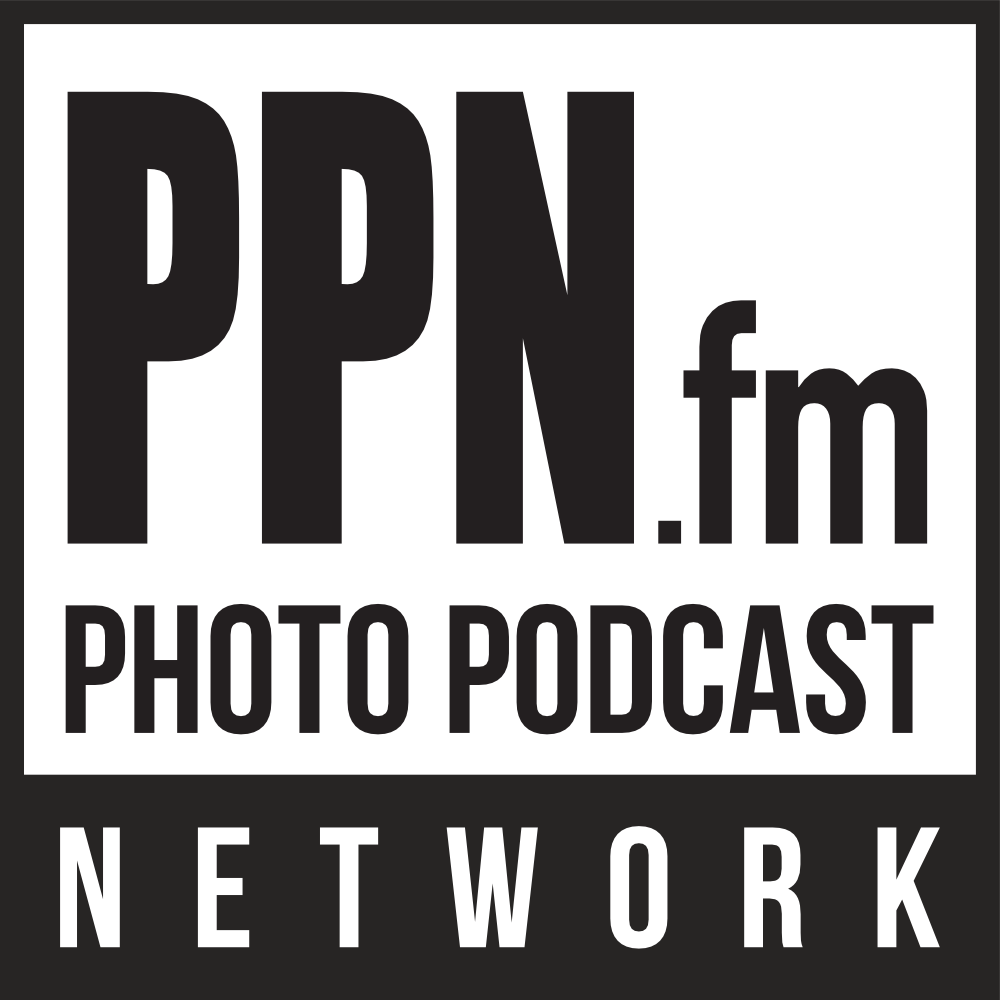




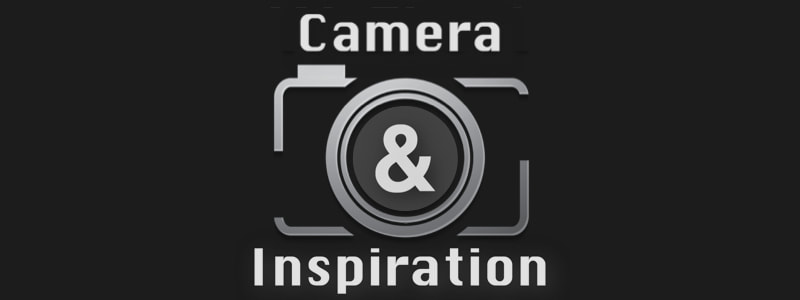
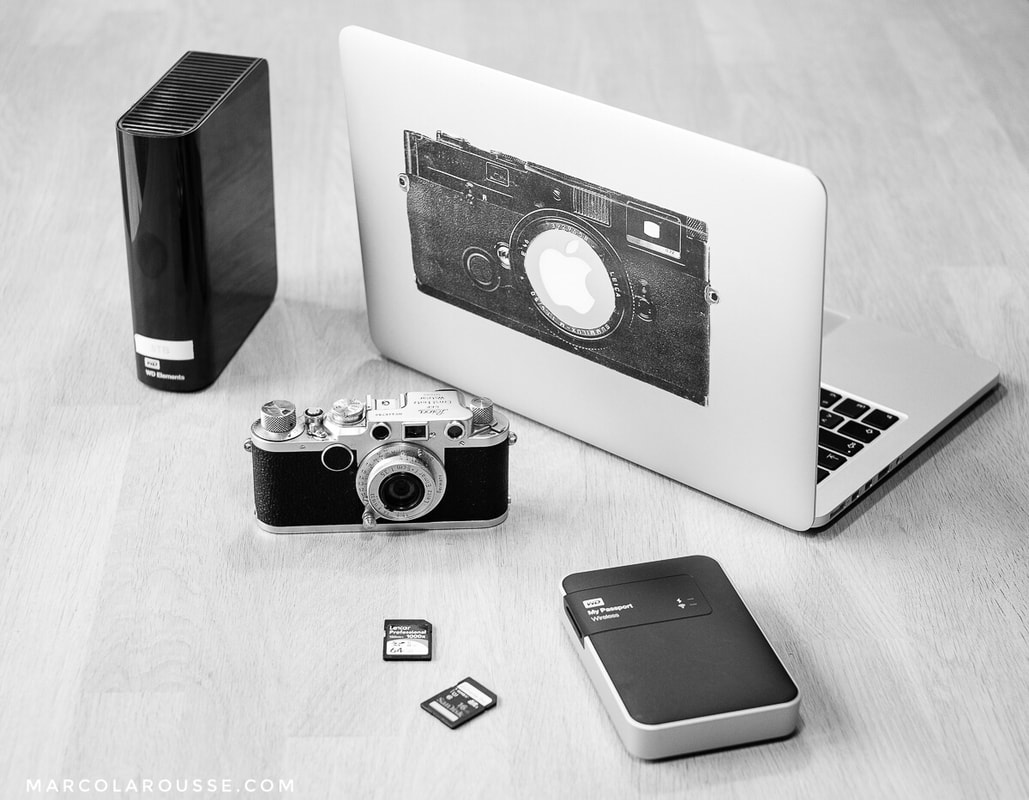
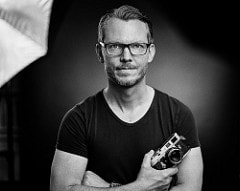

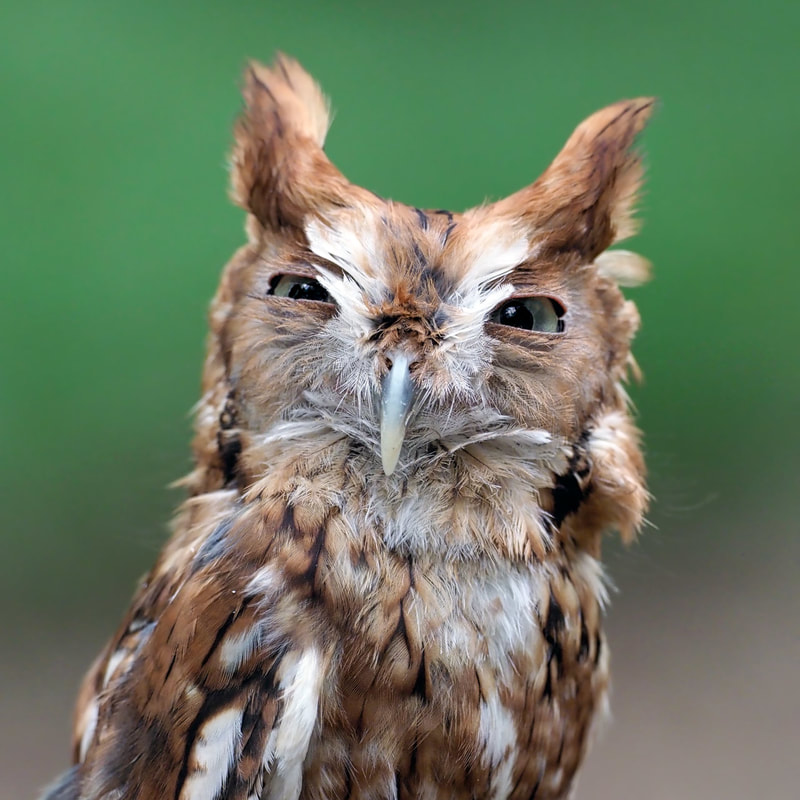
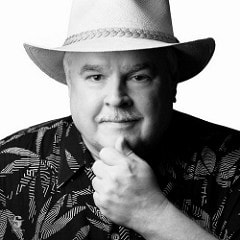

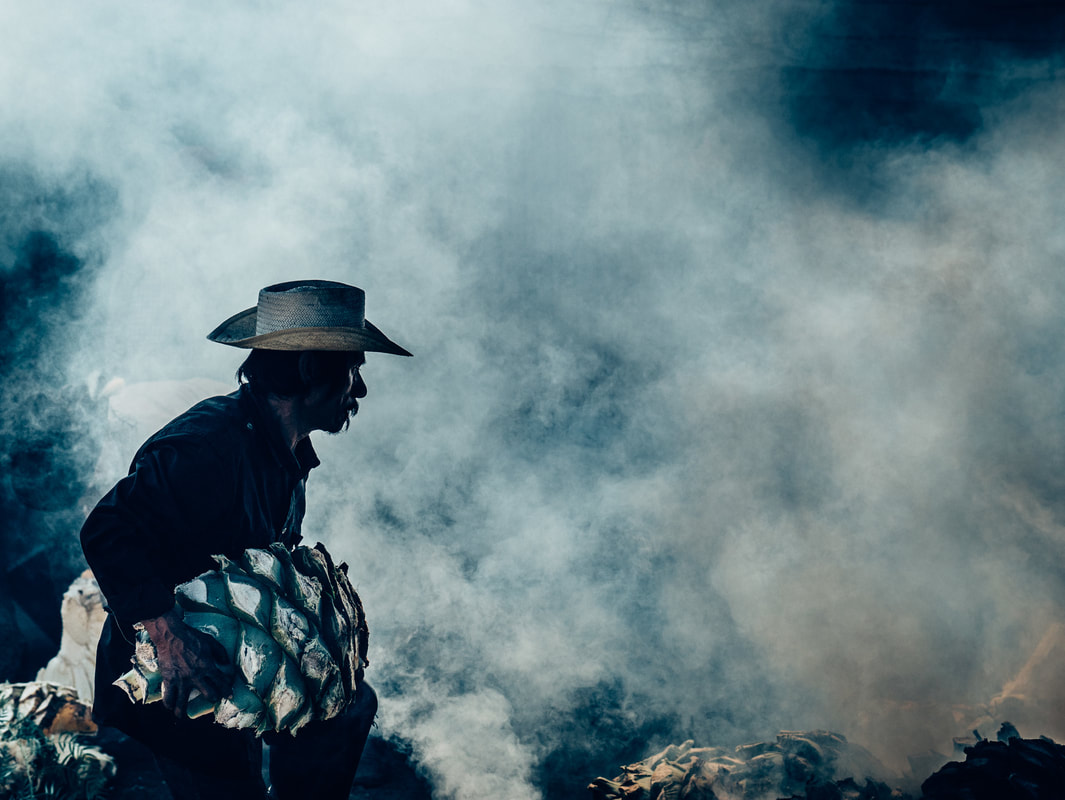
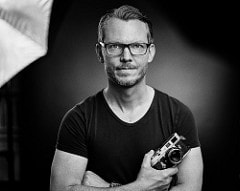

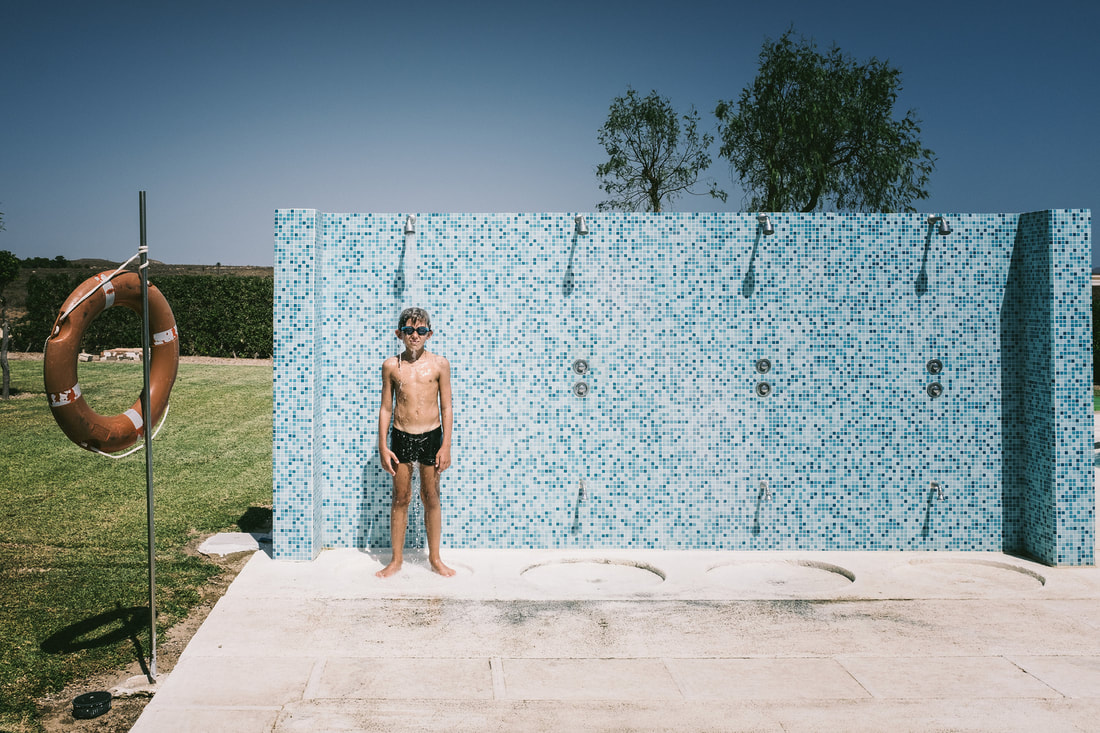
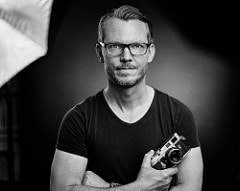
 RSS Feed
RSS Feed